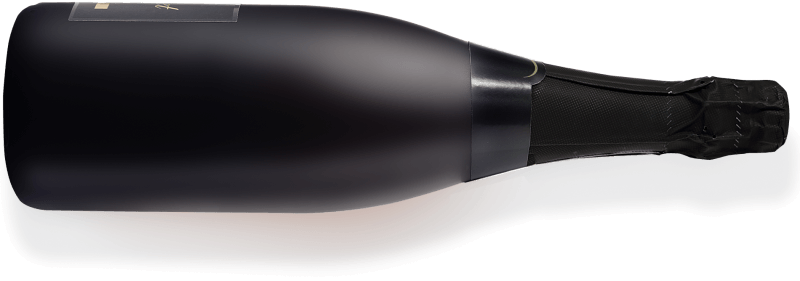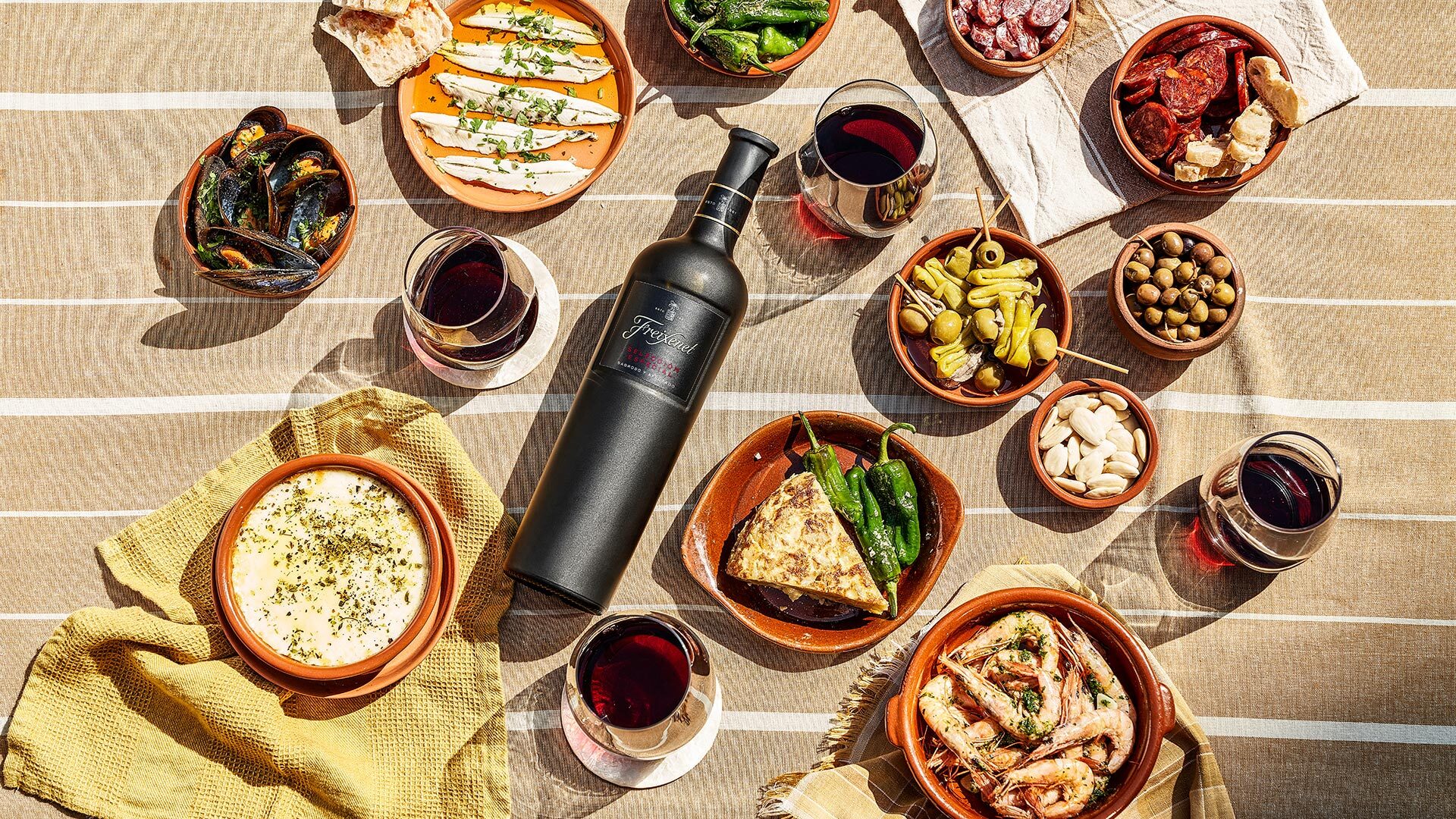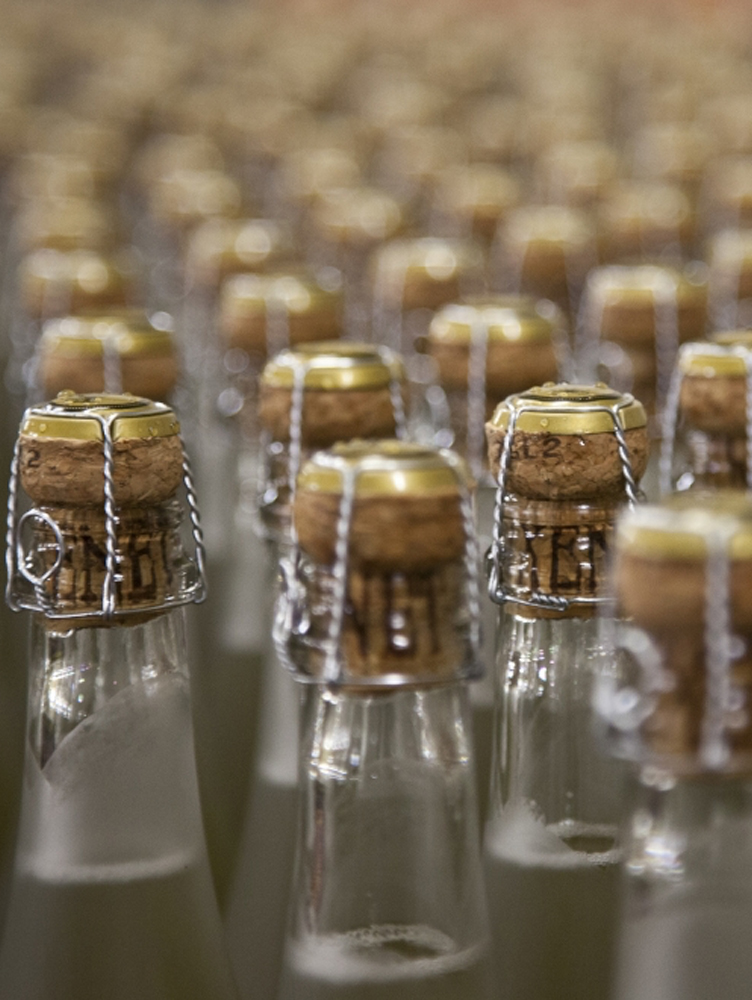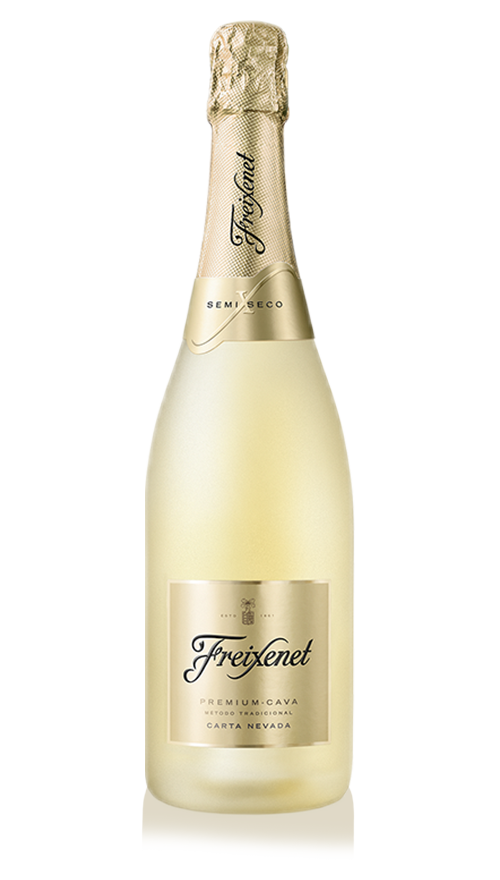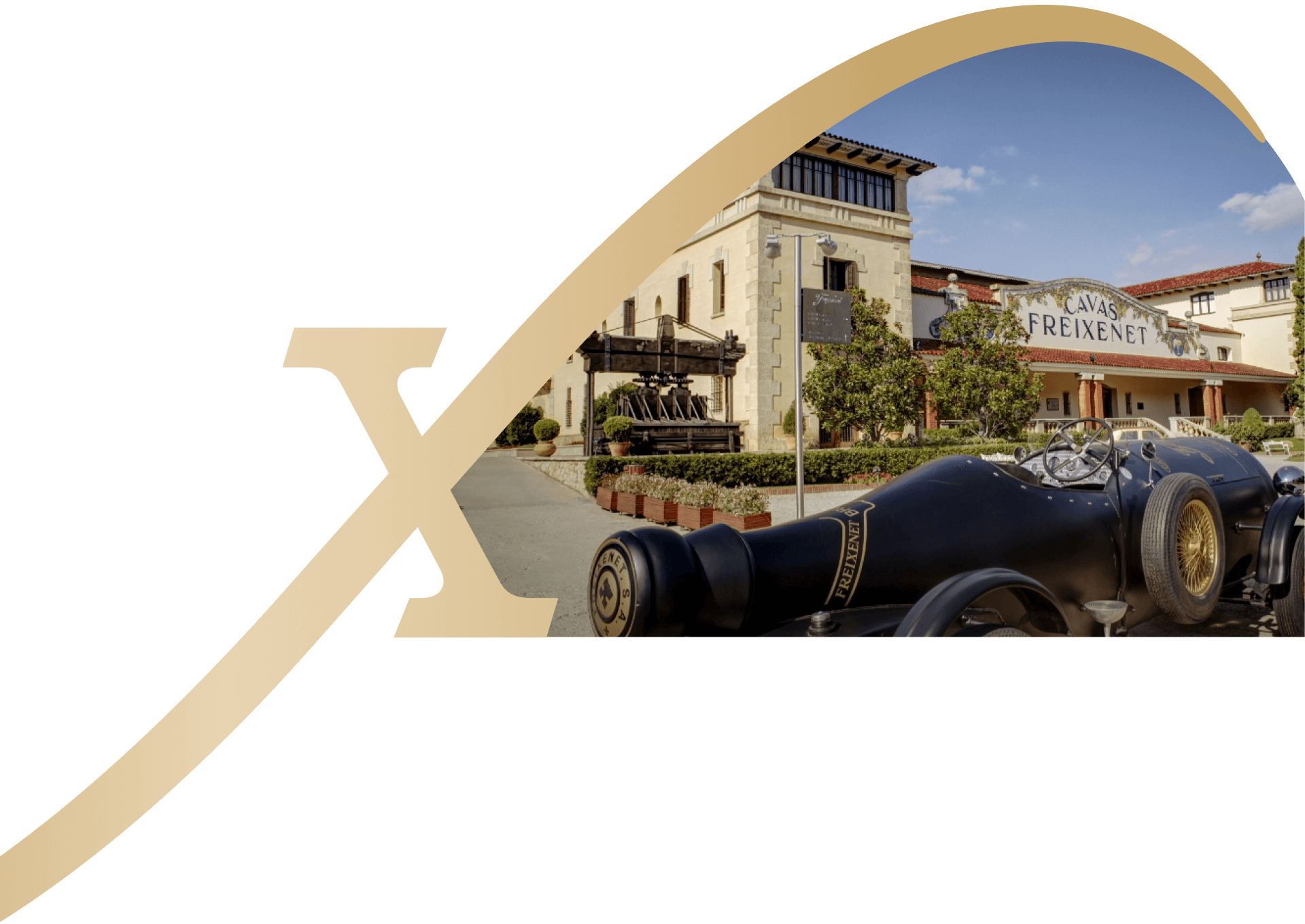Para proporcionar las mejores experiencias, utilizamos tecnologías como las cookies para almacenar y/o acceder a información del dispositivo. Consentir estas tecnologías nos permitirá procesar datos como el comportamiento de navegación o identificadores únicos en este sitio. No dar su consentimiento o retirarlo, puede afectar negativamente a ciertas características y funciones.
El almacenamiento técnico o acceso es estrictamente necesario para el propósito legítimo de habilitar el uso de un servicio específico explícitamente solicitado por el suscriptor o usuario, o para el único propósito de llevar a cabo la transmisión de una comunicación a través de una red de comunicaciones electrónicas.
The technical storage or access is necessary for the legitimate purpose of storing preferences that are not requested by the subscriber or user.
El almacenamiento técnico o acceso que se utiliza exclusivamente con fines estadísticos.
The technical storage or access that is used exclusively for anonymous statistical purposes. Without a subpoena, voluntary compliance on the part of your Internet Service Provider, or additional records from a third party, information stored or retrieved for this purpose alone cannot usually be used to identify you.
El almacenamiento técnico o acceso es necesario para crear perfiles de usuario para enviar publicidad, o para rastrear al usuario en un sitio web o a través de varios sitios web con fines de marketing similares.
